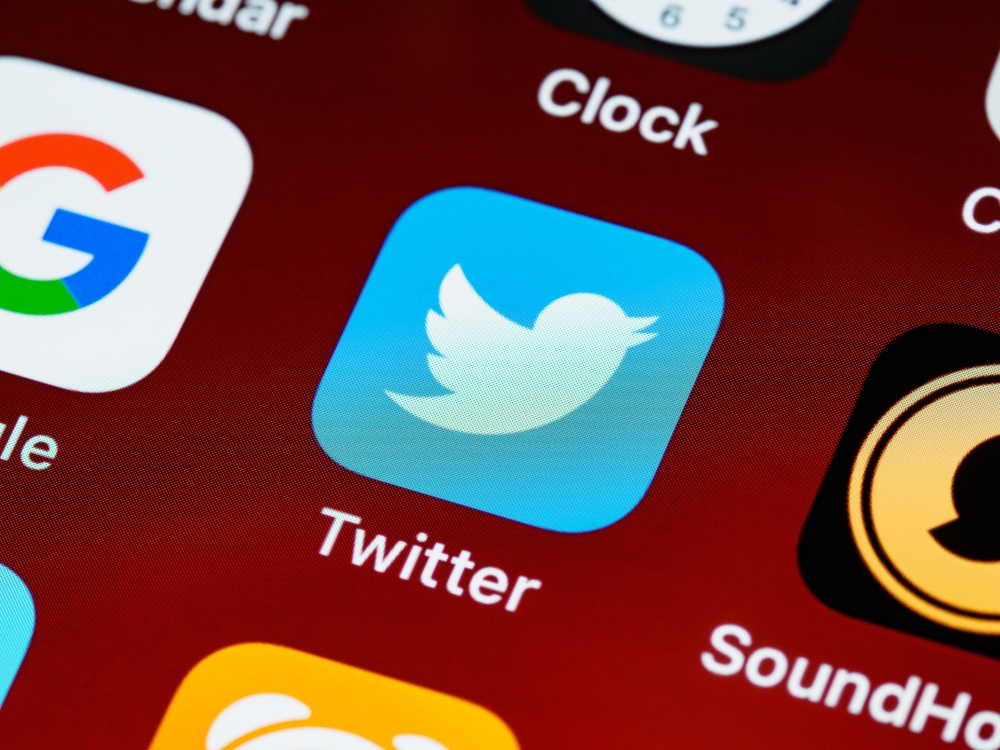
I don’t need to tell you about the many incredible things Elon Musk has already accomplished. Tesla, SpaceX, STARLINK, and The Boring Company – are all groundbreaking brands, each is operating at the frontier of possibility. Now Elon’s buying Twitter with the stated goal of making the site a more trustworthy, functioning digital town square. Do you think he can do it?
Begin with Bots: Can Science Make Twitter More Human?
Having made an offer to purchase the never-profitable social media network, Elon then brought up the issue of how many site users are actually bots. It’s easy to view this as a negotiation tactic, in much the same way a potential home buyer says they love everything about the property except for the roof needing repair: pointing out flaws can lower the purchase price.
If you’re the homeowner in this situation, you have recourse. A building inspection will quickly clear up any questions regarding the state of the roof; it’s either OK or it’s not, and the price will move accordingly.
On the other hand, Twitter can’t tell Elon how many bots there are. This raises several issues, all related to trust. How many bots are there? Twitter says no more than 5% of the user base; Elon’s experts put the number somewhere between 20-25%. Perhaps joking, Elon asked what if the actual number of bots is closer to 80%.
There’s no home inspector in this situation. Twitter, while standing by the information in their public filings, declares that getting more precise information is, for some mysterious reason, impossible. This obscurity is in itself problematic. The validity of Twitter’s public filings is in doubt if basic details like the number of active users can’t be verified.
Elon, approaching the issue from a scientific perspective, has concrete ideas for confirming the humanity of the user base. If he is allowed to put them into action, will Twitter become a more trustworthy place?
It’s not going to be a more civil environment, that’s for sure.
Complicating the situation infinitely is Musk’s assertions regarding free speech and the need for everyone to have their say, free from any constraints beyond those imposed by the nation-states where the posters reside. Hate speech and misinformation may not be illegal, but their presence minimizes the value of discourse as the costs for participating in conversation are not equal for all.
There are numerous other factors to examine, including Elon’s ability to significantly impact markets with vague Tweets and the reluctance of the SEC to hold him accountable to the same rules everyone else has to follow. The methods used to gain control of Twitter seem to be orthogonal to Elon’s stated goals for the platform. Can you create an environment full of trust while acting in untrustworthy ways? The answer to this question remains to be seen, but I’m very interested in hearing what you think.
